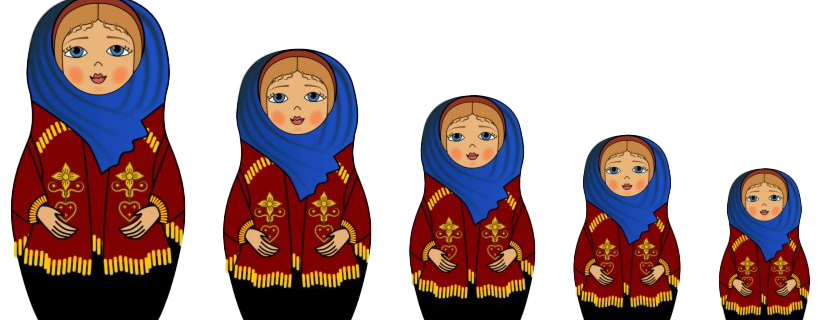“If we can share our story with someone who responds with empathy and understanding, then shame can’t survive.”
Brené Brown
Talking about childhood has become something of a therapy cliché- an urban myth. This is a shame as many people who have had wonderful childhoods feel somehow disqualified from trying therapy as a strategy to enrich their adult life. But life can challenge us at any age or stage of maturity, and counselling is a relevant and useful strategy for the whole range of hurdles we need to climb across. Sometimes these hurdles occur when we are adults and are unrelated to our younger lives- and when we come across these hurdles, they can surprise us with their tenacity. Among many others, some of these could be issues such as work-related stress, a diagnosis of serious illness for yourself or a loved one, a breakdown of a relationship, or an unprecedented traumatic event like a serious car-crash. In the last couple of years the impact of COVID-19 on all of our lives has brought about a cascade of issues related to mental health which have, for some, been extremely difficult to tolerate.
Unsurprisingly, the last two years have seen a sharp increase in people struggling with grief or isolation, with stress caused by redundancy or sudden financial difficulty, with health anxiety or depression. Have you been experiencing feelings that have become difficult to manage or left you feeling like you have lost some control navigating the ups and downs of living? Or maybe you feel like you are an observer looking in at your life but are not ‘present’ or actively participating? If this feels true for you, then talking therapy could be a strategy to help you make enough sense of these feelings to support you over the hurdle you are trying to climb. Contact me to discuss further how counselling might help you understand these difficult feelings and, if you choose, to arrange a first appointment.
But what if one of these hurdles does stem from childhood experience? If so, then that is, of course, a relevant topic to bring to therapy should you wish to. Our earliest childhood memories and relationships, and more importantly, our response to these experiences, can sometimes feel remote and not connected to our present-day adult living. Usually this is not a problem because our brain sorts out and stores memory into a trajectory which evolves and develops with us as we build new experiences into it. Occasionally however, our brain retains a hold on early experiences that were difficult or traumatic; and even when that experience is not part of conscious memory, its impact can continue to inform our behaviour, the way we cope with stress and the way we interact within our relationships, because it remains sat in our memory store as unresolved adverse experience or trauma.
Therapy is a platform to develop self-understanding and self-compassion, and it can sometimes be useful to explore past experiences to help you understand perhaps why some things feel difficult, or why you might feel stuck within unhelpful patterns of thinking or behaviour. The therapeutic relationship will provide a place for you to safely unpack the impact of trauma and learn strategies towards recovery from the effects of PTSD towards a more fulfilled way of living. If you feel ready, then please take a closer look at my website and contact me for a chat about what you need from therapy, and how we can work together.
Click here for more information about Adverse Childhood Experiences (ACE’s).
Best wishes,
Luisa
Copyright Luisa Giordano Counselling

